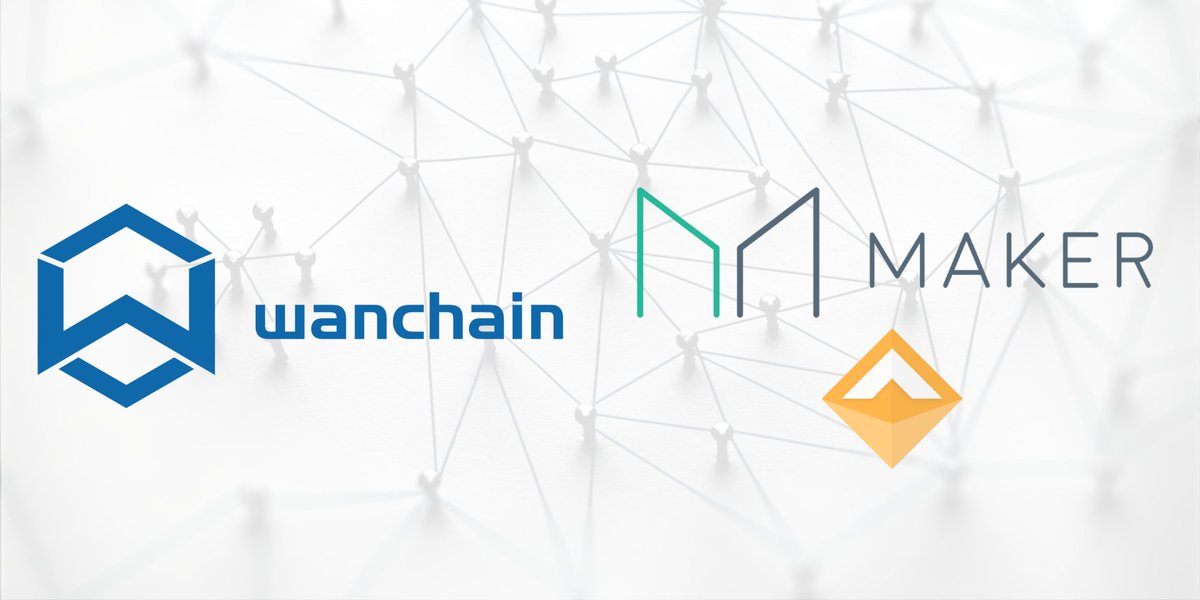- DOJ goes to trial on ICO-related securities fraud charges
- SEC charges broker-dealer & hedge fund with securities violations
- FINRA charges broker with fraud & dealing unregistered securities
Thread.
Zaslavskiy was charged in November 2017 on three counts of securities fraud in connection with two ICOs: "REcoin" and "DRC."
According to the indictment, he told investors that both coins were backed by real world assets: he allegedly claimed REcoin was backed by real estate & DRC was backed by diamonds.
- he didn't commit securities fraud because REcoin & DRC aren't securities
- the securities laws are unconstitutionally vague because an ordinary person wouldn't have known his alleged conduct was illegal
The judge ruled that, assuming all of DOJ's allegations are true, REcoin & DRC are securities & the laws are not so vague as to be unconstitutional.
This doesn't mean Zaslavskiy is guilty, it just means he will go to trial.
- the federal securities laws apply to ICOs
- ICO tokens could qualify as securities under the Howey test
- making money by lying to investors could qualify as securities fraud
scribd.com/document/38835…
The reasoning may be persuasive, but other judges are free to ignore it if they disagree. Plus, it doesn't say "all ICOs are securities." It's limited to the facts of this case & may not apply otherwise.
A jury of twelve regular people will get to make the final decision, and they could easily decide that these ICOs aren't securities after all.
As I've said before, the SEC doesn't make the law. This is a good reminder that the SEC's interpretation is far from certain.
- Crypto Asset Management ("CAM") & its owner with fraud & operating an unregistered investment company
- TokenLot & its owners with operating an unregistered broker-dealer
This is typical for US government investigations. They can go on for months or years quietly & won't be announced until a resolution has been reached.
Imagine how many others are going through this process now.
- CAM (sec.gov/litigation/adm…)
- TokenLot (sec.gov/litigation/adm…)
These will also give you a good sense for how SEC investigations unfold.
First, note that a company can violate the federal securities laws & still keep doing business (if it cooperates with the SEC, anyway).
CAM has to pay a $200k fine, but it gets to keep operating now that it's in compliance with the law.
In other words, unlike all the other SEC crypto cases, nobody at TokenLot committed overt fraud. The company simply failed to register as required.
The SEC is no longer focusing exclusively on obvious ponzis & scammers. They've expanded their scope to people who, despite good intentions, fail to comply with the securities laws due to negligence alone.
It's a little different than the other regulators we often discuss. It's not technically part of the government: it's a "self-regulatory organization" authorized by Congress to govern the broker-dealer industry.
If you want to learn more, read here: (finra.org/newsroom/2018/…)
Until now, the most active regulators in the space have been the SEC, DOJ, & FinCEN, but there are *so* many others who haven't jumped in yet.
I'm betting FINRA is the first of many.
Soon enough, the market caps of the coins at issue will get a lot bigger.
This is standard: they start with the low-hanging fruit and build toward the bigger players.




